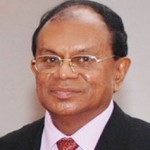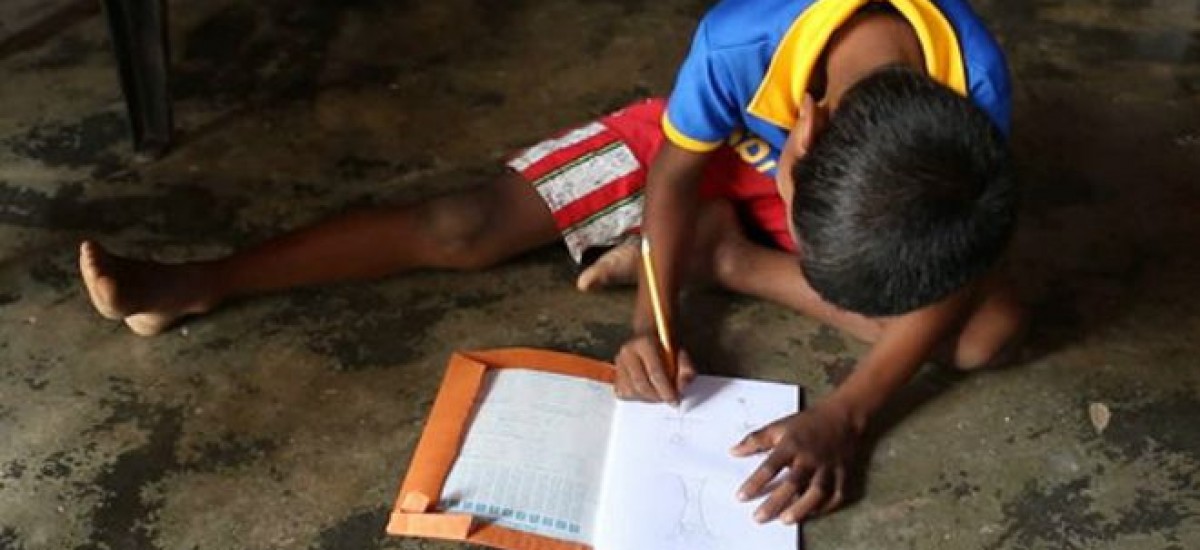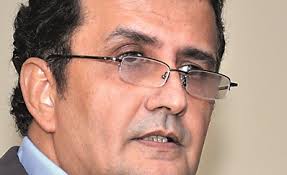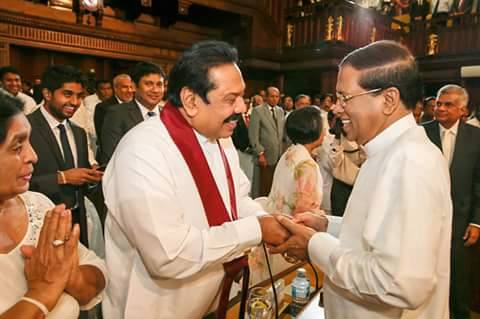 by Mass L. Usuf
by Mass L. Usuf
 ( March 31, 2016, Colombo, Sri Lanka Guardian)
( March 31, 2016, Colombo, Sri Lanka Guardian) The Social Contract theory academically explained as the contract between the State and her subjects was propounded by Thomas Hobbes (1651), John Locke (1689), and Jean-Jacques Rousseau (1762), the most famous philosophers of contractarianism. The principles of all were the same with different theoretical strains.
Interestingly, the simple basis was to consider man in his “state of nature” or “natural state.” In this state of being, an individual does what he wants uninhibitedly. The contract with the State comes in where man voluntarily surrenders this individual freedom to do whatever he wants for benefits in return from the State. This trade off forms the social contract. One could safely deduce that the Directive Principles of State Policy and Fundamental duties under Chapter VI of the Sri Lankan Constitution forms part of that contractual structure.
Under Article 29 of the Constitution it is clearly stated that the provisions of Chapter VI are not justiciable. The State, however, should not violate the solemn understanding that binds the contract for example, by unduly restricting the citizen’s freedom. These are the natural and inalienable rights enjoined by Article 4 (d) of the Constitution. John Locke in fact theorized the right of rebellion against the State in case of the contract leading to tyranny.
Constitution of Medina
The Magna Carta Libertatum (Latin for “the Great Charter of the Liberties”), a charter agreed by King John of England on 15 June 1215 was initially considered as the foundation document of human rights. It was held in high esteem such that Lord Denning famously described the Charter as “the greatest constitutional document of all times – the foundation of the freedom of the individual against the arbitrary authority of the despot”. As an addendum, Western scholasticism was inspired by the political thoughts of the above mentioned philosophers in the founding of human rights.
Scant or no reference is made in these circles about the great contribution of Islamic Jurisprudence to humanity. The persuasive words of the eminent Jurist, Prof. C.G. Weeramantry in his seminal work, ‘Islamic Jurisprudence” is ample testimony. He writes, “Although the Islamic system of Jurisprudence is one of the best developed and most adequate systems in the world, very little is known about it by Western law students”.
The Charter of Medina also known as the Constitution of Medina, was drafted by Prophet Muhammad in 622 CE. This was the first written Constitution of democracy in the history of constitutional law. It was written almost 600 years before the Magna Carta and a 1000 years before the famous Western philosophers even started to speak of human rights and develop the ‘Social Contract theory’.
Pluralistic Society
Like Sri Lanka today with its race and religious diversity, at the time of promulgating the constitution, Medina too had a pluralistic society. The citizenship consisted of the various communities, principally Muslim Arabs from Mecca (the Muhajirin or Immigrants), Muslim Arabs from Medina (the Ansar or Helpers), other monotheists from Medina (i.e. the Jews and Christians) and others who must be at that time still pagans. Out of the nearly 50 Clauses in the Constitution, Clauses 1, 2 and 39 stated the formation of a sovereign nation-state with a common pluralistic citizenship. This constitution gave equal rights to every citizen as well as giving them a say in governmental matters without discrimination. The Quran totally prohibits any form of discrimination. It states,
“O people, We created you from the same male and female and rendered you into distinct peoples and tribes that you may recognize one another. The best of you in the sight of God is the most righteous.” (Chapter 49 Verse 13), Al-Quran.
Human rights in its fullest form had already been promulgated in Islam several centuries even before the West knew about it. Islam thus created a society founded on the principles of justice, equality and freedom. It was with this governing principle that Prophet Muhammed nurtured a society which later on spread a civilisation that today everyone is benefitting from. Sadly, no one appreciates the source from which such civilisation was bestowed on mankind.
Disgrace
“The vast surge of learning that swept the Islamic world from the 9th to the 12th centuries was one of the outstanding chapters in the world’s scholastic history. All branches of scholarship – mathematics, medicine, physics, chemistry, astronomy, philosophy, sociology, theology and law – blossomed in a manner rarely witnessed before in world history”. C.G. Weeramantry (Islam and the Judicial process, Sunday Times (2015)). The words of a famous Historian acknowledge with disdain the prejudice of the Western scholars, thinkers and politicians. “The lies (Western slander) which well-meaning zeal has heaped round this man (Muhammad) are disgraceful to ourselves only.” Thomas Carlyle (1840) in ‘Heroes and Hero Worship and the Heroic in History’. This disgrace continues even today.
Sri Lankan context
Tracing the history of fundamental rights through the lens of Islamic worldview gives an interesting insight into another phenomenon. That is the phenomenon of the reality of the application of human rights in a pluralistic society. Through the Medinite constitution it has been practically proven that pluralistic society is not a problem for mankind. The problem lies not in pluralism per se but in the attitude of man towards pluralism. Even those who worship western thoughts can mull on the idea of man being in his fictional ‘natural state’. Or, for those who are theists, to simply accept that all men are created equal by God. This then would be a common platform for all to unite. The ideal for man if he is a believer in one God is to focus on what God wants from him. For the atheists, agnostics and nihilists to focus on simply living a life in the state of a ‘natural man’. This is not utopia; it has been proven as doable.
Within this framework, the shades of race, language, culture, caste would be treated only as variety to recognise each other and not to be used as a tool for domination or subjugation. Look at the comparison of Sri Lanka’s social pluralism with the more diverse constitutional pluralism in Europe, it is obvious that the latter is more complex. They were however, civilised enough to work themselves through it when forming the Union. In the Sri Lankan context while we strive to make this island the ‘wonder of Asia’, taking a cue from Thomas Carlyle, we must strenuously and bravely work towards not disgracing ourselves as a nation by failing to acknowledge the need for a clean pluralistic society.




-DMP--FINAL-(PRABATH)-9.jpg)






















